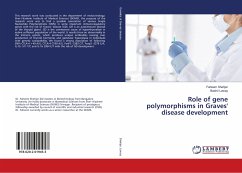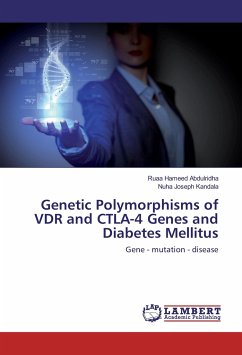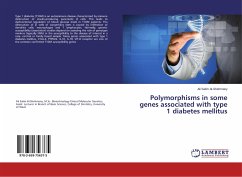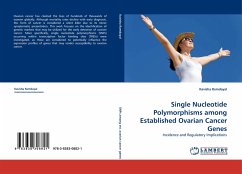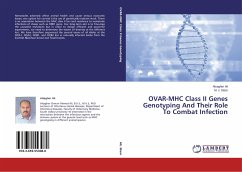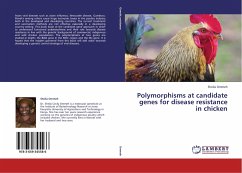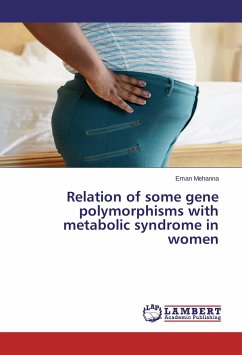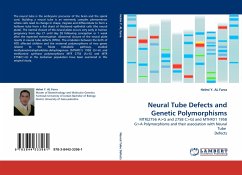
ROLE OF GENETICS IN CLASS II AND CLASS III MALOCCLUSIONS
Versandkostenfrei!
Versandfertig in 6-10 Tagen
40,99 €
inkl. MwSt.

PAYBACK Punkte
20 °P sammeln!
Malocclusion is one of the most common craniofacial problems observed worldwide. Affected individuals suffer not only from aesthetic concerns but also from functional problems, such as mastication and pronunciation. Unfortunately, the growth patterns in various malocclusions and their clinical correction prognosis are difficult to predict largely due to lack of knowledge of their precise etiology. Reports have shown that besides environmental factors, there is an association between certain types of malocclusion with specific genes. Many genetic studies have identified the involvement of sever...
Malocclusion is one of the most common craniofacial problems observed worldwide. Affected individuals suffer not only from aesthetic concerns but also from functional problems, such as mastication and pronunciation. Unfortunately, the growth patterns in various malocclusions and their clinical correction prognosis are difficult to predict largely due to lack of knowledge of their precise etiology. Reports have shown that besides environmental factors, there is an association between certain types of malocclusion with specific genes. Many genetic studies have identified the involvement of several genes in causing various types of malocclusions. Hence, identifying the role of various genes in causing malocclusions can broaden the knowledge on their involvement in such conditions and can help dental healthcare providers make an accurate prediction of the craniofacial growth of an individual based on his/her genetic profile and thus can improve treatment strategies for patients with different types of malocclusions.



